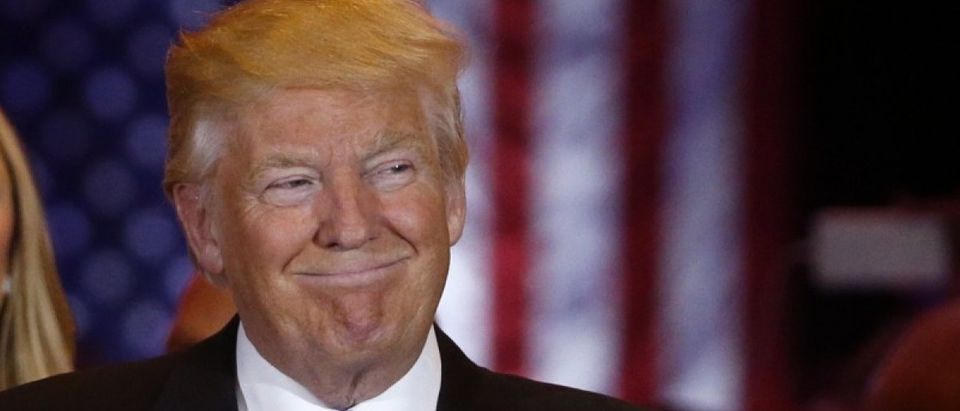When candidate Trump called on NATO allies to pay their fair share of defense costs, the salons in Georgetown and Brussels reacted with horror, proclaiming him a subversive, a threat to the transatlantic alliance. But at the base of Trump’s challenge lay a hard truth: the commitments each NATO member itself has made repeatedly in summit meetings over the years. At the Wales Summit in 2014, each member state committed to spend 2% of its GDP on defense. This was a simple reiteration of long-standing policy, since at least 2002. But in Wales, they added the commitment to ensure that 20% of that spending was on major defense systems, not on fuel, salaries, and other non-lethal line items.
The Obama Administration has failed conspicuously at getting NATO allies to pay, in spite of the worst performers being the ones most threatened. Even nations with a budget surplus are projecting a ten year delay in meeting their spending commitments, “unless they hold a knife to our throats.” This is the NATO thatPresident-elect Trump inherits: filled with excuses, answered only by weak and impractical American policy prescriptions.
How can the new Administration encourage our allies to shoulder the burden? We can start with a clear understanding of the problem, and identifying the reasons. The rot of corruption is a disease that is well rooted in Eastern Europe, and is spreading west. While most European leaders are not corrupt, the massive amounts of money involved in defense contracts attract corrupt merchants and officials like flies to honey. Oligarchs with shadowy connections to arms dealers, the drugs trade and hostile intelligence services overlap with corrupt politicians to rob the treasury to the detriment of national security and the entire society.
Congressman Chris Stewart (R-UT) who serves on the Intelligence Committee, wrote recently, “It is no accident that kleptocracy and corruption are being practiced so openly. Encouraging them is a tool of statecraft …, and the outcome is very predictable. They weaken voter confidence in democracy and the institutions that are essential to a free and open society while empowering corrupt officials….”
The best way to encourage NATO members to meet their commitments is to combat the corruption and kleptocracy that eat away at the base of defense readiness. Assertive use of counterintelligence, law enforcement, and prosecutorial capability is the key solution, and executing it will be relatively simple. The Administration needs to pick a few countries and make an example of them: investigate suspicious transfers of money involving government officials, especially Finance Ministers and Defense Ministers who live beyond a public servant’s income. Once the others see what happens, there will be a race to meet readiness commitments: the only questions will be who will be taken down first, and how far the national security team will have to go before other governments start to comply.
This is what America does every day to criminals, and this is how America strengthens NATO through pursuing its own national interest. It will require tough diplomatic maneuvering, a complete understanding of how to use the State Department bureaucracy and interagency process, and experience in managing the intricate overlappings among bilateral, multilateral and superpower relationships. It will require the kind of meticulous effort and interdisciplinary team that was used to negotiate over one hundred bilateral immunity agreements to exempt U.S. military from the International Criminal Court. And it will allow President Trump to claim a well-earned victory in foreign policy, once again confounding the experts.
Bart Marcois is a retired Foreign Service Officer, and was Principal Deputy Assistant Secretary of Energy for Policy and International Affairs in 2002 and 2003.


